Turns out growing food in the dry, rocky dirt of Mars holds valuable insights for growing crops in the climate-ravaged soil here on Earth.
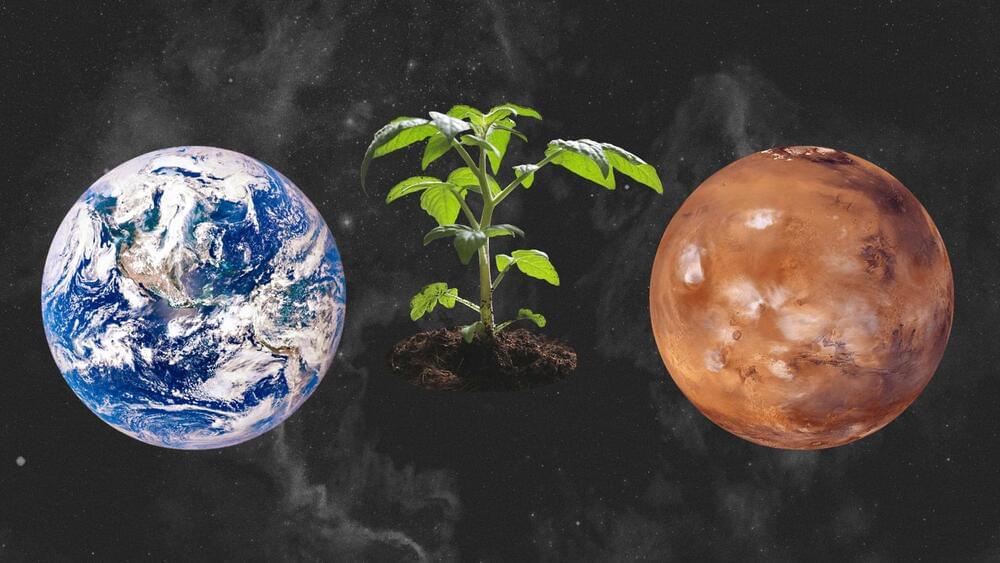

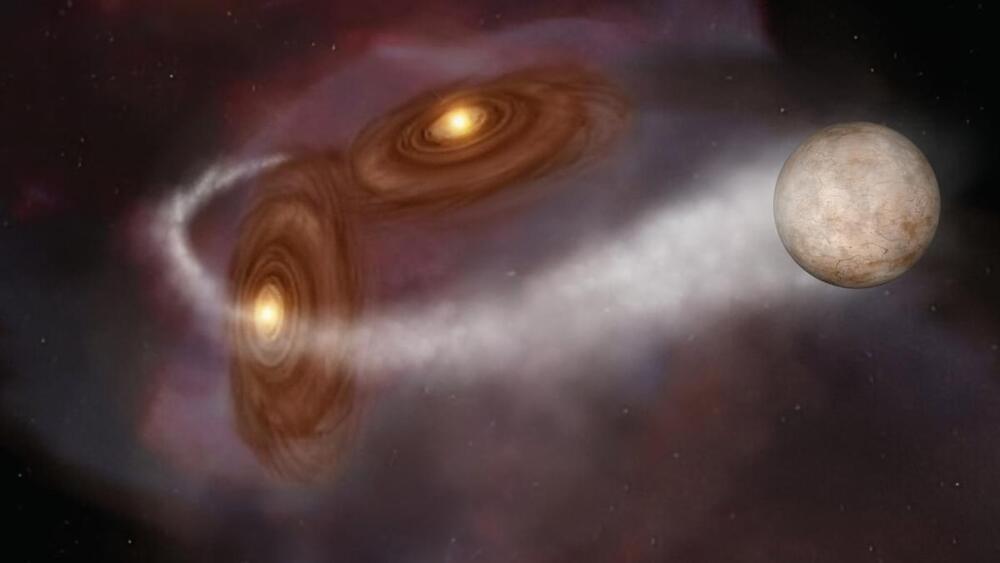
Chen explained that the team is currently looking for other mechanisms that could also produce rogue planets. This includes the possibility that other stars could fly by planetary systems and cause a gravitational disturbance that leads to a planet being exiled. This could be a rather efficient way to produce rogue planets, whether from around a single star or from a binary system.
Chen is unlikely to give up his investigation into rogue planets. This means the Taiwanese astronomer’s efforts could help to bring these cosmic orphans unbound from their stars “in from the cold” — at least figuratively.
“I like planets! When I was 8 years old, I decided to become an astronomer and studied the nine planets in our solar system before Mike Brown changed that by reclassifying Pluto,” Chen joked. “However, nowadays, more than 10,000 exoplanets have been found, displaying unexpected characteristics for us to study. Rogue planets are not alone; we should not let them be orphans but consider them members of our planetary family.”
Traveling for centuries in a multi generation space ark at a small percentage of the speed of light a hollowed out asteroid the world is hollow and I have touched the sky.
Video for “Planet Caravan” a song performed by Black SabbathNew channel : https://www.youtube.com/channel/UCqjB_4bCKg80mnY5TFuN9egI do not own the rights.
Virgin Galactic is using its SpaceShipTwo to launch the final commercial flight of VSS Unity. This is the 17th flight of the VSS Unity, before the company plans to upgrade the vehicle.
The commercial crew on this mission is composed of a researcher affiliated with Axiom Space, two private Americans, and a private Italian. The Virgin Galactic crew on Unity will be Commander Nicola Pecile and pilot Jameel Janjua.
The ‘Galactic 07’ autonomous rack-mounted research payloads will include a Purdue University experiment designed to study propellant slosh in fuel tanks of maneuvering spacecraft, as well as a UC Berkeley payload testing a new type of 3D printing.
Expected Takeoff: 10:30 a.m. Eastern Time.
⚡ Become a member of NASASpaceflight’s channel for exclusive discord access, fast turnaround clips, and other exclusive benefits. Your support helps us continue our 24/7 coverage. ⚡
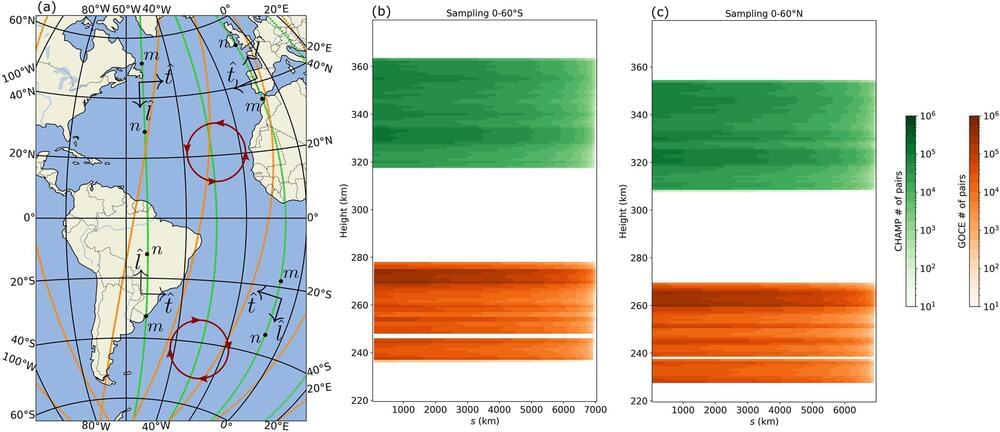
In a paper published in Geophysical Research Letters, researchers have discovered that the turbulence in the thermosphere exhibits the same physical laws as the wind in the lower atmosphere. Furthermore, wind in the thermosphere predominantly rotates in a cyclonic direction, in that it rotates counterclockwise in the Northern Hemisphere and clockwise in the Southern Hemisphere.
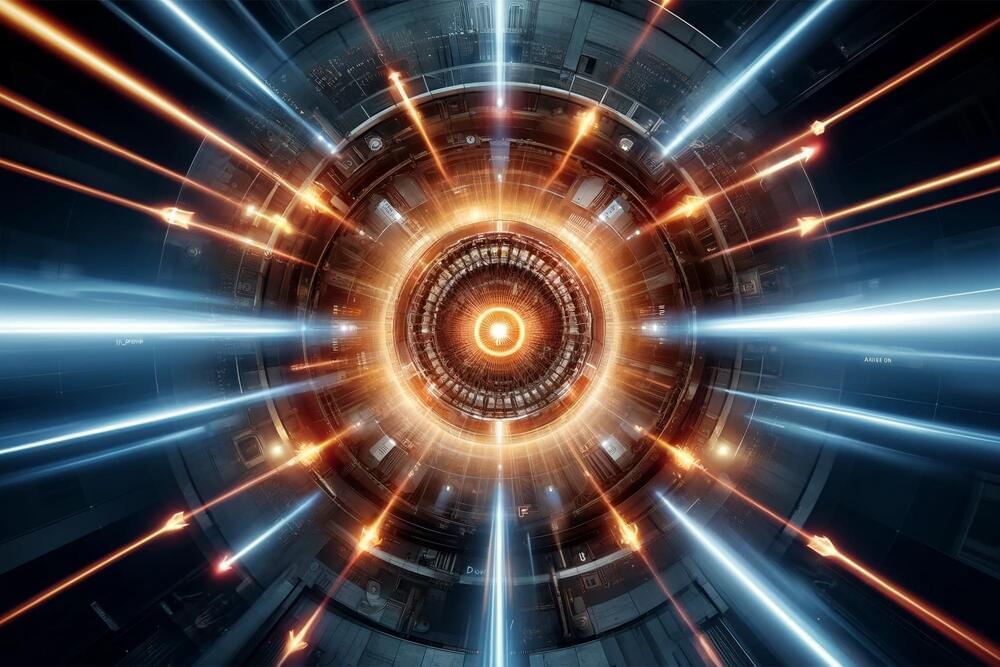
New studies show photon polarization is constant in varying environments, potentially improving plasma heating methods for fusion energy advancement.
Light, both literally and figuratively, pervades our world. It eliminates darkness, conveys telecommunications signals across continents, and reveals the unseen, from distant galaxies to microscopic bacteria. Light can also help heat the plasma within ring-shaped devices known as tokamaks as scientists work to leverage the fusion process to produce green electricity.
Recently, researchers from Princeton Plasma Physics Laboratory have discovered that one of the fundamental properties of photons—polarization—is topological, meaning it remains constant even as the photon transitions through various materials and environments. These findings, published in Physical Review D, could lead to more effective plasma heating techniques and advancements in fusion research.

The Hubble Space Telescope is currently in safe mode due to gyroscope problems, suspending its science activities. However, NASA remains optimistic about its future contributions to space exploration, working in tandem with other telescopes.
On May 24, NASA’s Hubble Space Telescope entered safe mode due to an ongoing gyroscope (gyro) issue, suspending science operations. Hubble’s instruments remain stable, and the telescope is in good health.
The telescope automatically entered safe mode when one of its three gyroscopes returned faulty telemetry readings. Hubble’s gyros measure the telescope’s slew rates and are part of the system that determines and controls precisely the direction the telescope is pointed.
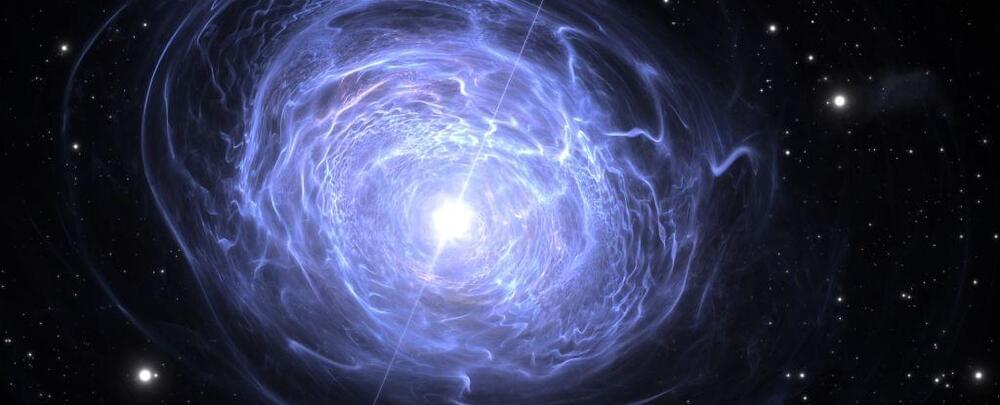
We’ve received a strange signal from across the galaxy, and astronomers are struggling to understand what it means.
They know what’s emitting the signals. It’s a neutron star named ASKAP J193505.1+214841.0 (ASKAP J1935+2148 for short), located in the plane of the Milky Way, some 15,820 light-years from Earth.
But the signals themselves are like none we’ve ever seen before. The star goes through periods of strong pulses, periods of weak pulses, and periods of no pulses at all.
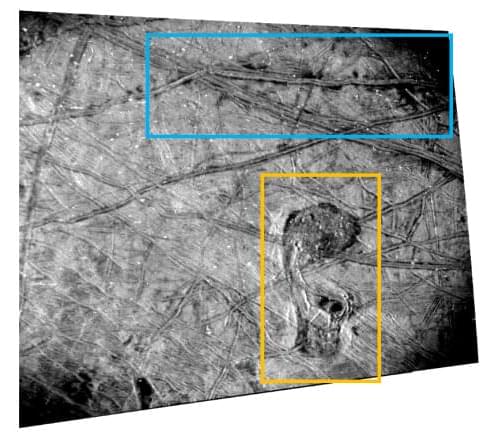
Images from the JunoCam visible-light camera aboard NASA’s Juno spacecraft supports the theory that the icy crust at the north and south poles of Jupiter’s moon Europa is not where it used to be. Another high-resolution picture of the icy moon, by the spacecraft’s Stellar Reference Unit (SRU), reveals signs of possible plume activity and an area of ice shell disruption where brine may have recently bubbled to the surface.
The JunoCam results recently appeared in the Planetary Science Journal and the SRU results in the journal JGR Planets.
On Sept. 29, 2022, Juno made its closest flyby of Europa, coming within 220 miles (355 kilometers) of the moon’s frozen surface. The four pictures taken by JunoCam and one by the SRU are the first high-resolution images of Europa since Galileo’s last flyby in 2000.
Vortices are a common physical phenomenon. You find them in the structure of galaxies, tornadoes and hurricanes, as well as in a cup of tea, or water as it drains from the bathtub.